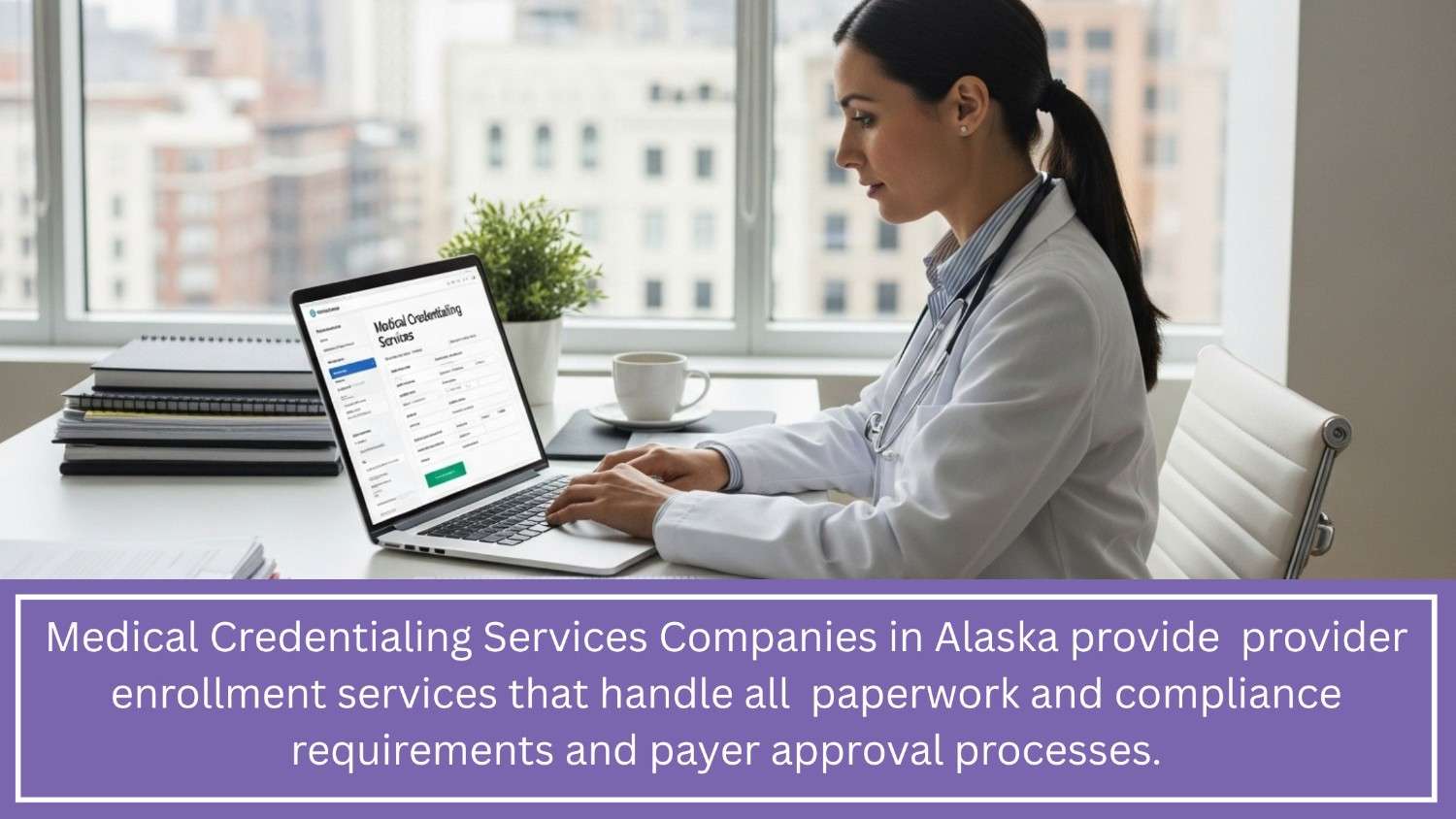Medical Billing Services Companies in Detroit
Boost your healthcare revenue with the top Medical Billing Services Companies in Detroit. Practolytics delivers end-to-end billing solutions customized for clinics and community hospitals. From claims submission to denial management, our Detroit-focused approach ensures faster reimbursements, fewer errors, and better financial outcomes, allowing providers to focus more on patient care.
Table of Contents
Medical Billing Services Companies in Detroit Ensure Faster Payments, Fewer Rejections
Running a healthcare practice in Detroit often means balancing lean budgets with high patient need. Community clinics, specialty practices, and small hospitals all face similar billing friction: denials that linger, authorizations that get missed, and staff stretched thin between patient care and paperwork. This isn’t just annoying — it affects cash flow, hiring, and your ability to invest in care.
I’ll be direct: small, targeted operational fixes recover the most money. Below I’ll walk through the common local problems, clear examples of fixes that work, and what you should expect in the first 90 days partnering with Practolytics.
Why Detroit Needs a Focused Billing Approach
Detroit’s healthcare scene has some distinct traits:
- A significant number of safety-net providers and community clinics that rely on Medicaid and local payer programs.
- Payers often include state programs with specific documentation rules and retroactive payment adjustments.
- Practices frequently operate with small billing teams — if someone’s out, the whole process slows down.
These realities mean the margin for error is small. Missing a prior authorization or medical coding the wrong place of service can lead to long delays or denied claims that are expensive to fix.
Top Revenue Leaks I see in Detroit Practices
- Incomplete Medicaid/payer-specific documentation. Small oversights compound into denials.
- Slow credentialing & enrollment delays. These slow or block reimbursement for new providers.
- Charge capture gaps during busy clinics. Busy sessions or high patient volume often mean missed charges.
- Lack of ownership for aged denials. When denials sit without a named owner, they grow into aged AR.
- Patient balance confusion. Statements that aren’t clear lead to lower collections and more calls.
How Practolytics Fixes these Problems — Practical Steps
1) A focused audit that shows dollars, not just numbers
We begin with a short audit of your past 60–90 days of claims to find which denials cost the most. The audit isn’t a generic report — it ranks denials by recoverable dollars and effort required. That way, your team sees which fixes give the fastest return.
2) Patch the Medicaid and state payer rules first
Because Medicaid and local programs are a big part of Detroit practice revenue, we check for the common documentation elements and healthcare prior-authorization flows specific to Michigan payers. If a recurring error is found, we create a simple documentation template or a front-desk checklist that prevents the error at the source.
3) Charge capture and front-line process fixes
Charge capture problems often come from workflow mismatches: who documents the service, who enters the charge, and when. We standardize the handoff and introduce a short pre-bill QC step for high-value services.
4) Denial of ownership and appeal playbooks
We assign owners for denials older than 15 days and use payer-specific appeal templates with the evidence the payer expects. This cuts the back-and-forth and speeds collections.
5) Patient-friendly billing and self-pay options
We clean up statements, use plain language, show easy online payment links, and set predictable follow-up schedules. More clarity = faster payments.
A Detroit Clinic Example
A small community clinic in Detroit was losing time on repeated denials for behavioral health visits because notes lacked certain Medicaid elements. The fix was straightforward: a short training for clinicians on the three required note elements, a modified note template in the AdvancedMD EHR, and a front-desk pre-bill check for cases likely to trigger denials. Denials dropped by nearly half in two months and collections improved.
What you’ll see in the First 30–90 Days
- 30 days: Audit complete and prioritized action list. Clear, quick wins are identified.
- 60 days: Implementation of checklists, templates, and denial ownership.
- 90 days: Noticeable decline in repeat denials, faster appeals, and improved cash flow.
We focus on sustainable fixes: small changes staff can follow without adding overhead.
Who Benefits Most in Detroit
- Safety-net and community clinics that depend on predictable cash flow.
- Small specialty practices (derm, ortho, behavioral health) that need clean claims to sustain margins.
- Multi-site practices that want consistent billing across locations.
Final Thought
Detroit clinics don’t need a complete RCM overhaul to make a difference — they need targeted fixes that stop the same problems from coming back. Practolytics starts with the biggest-dollar issues and builds simple, sustainable processes so your staff can spend more time on patients and less on paperwork.
If you’d like, Practolytics can run a no-cost billing health check for your practice and return a short list of practical next steps you can implement immediately.
ALSO READ – Simplifying Revenue Management: How Medical Billing Services Empower Small Practices
Talk to Medical Billing Expert Today — Get a Free Demo Now!






